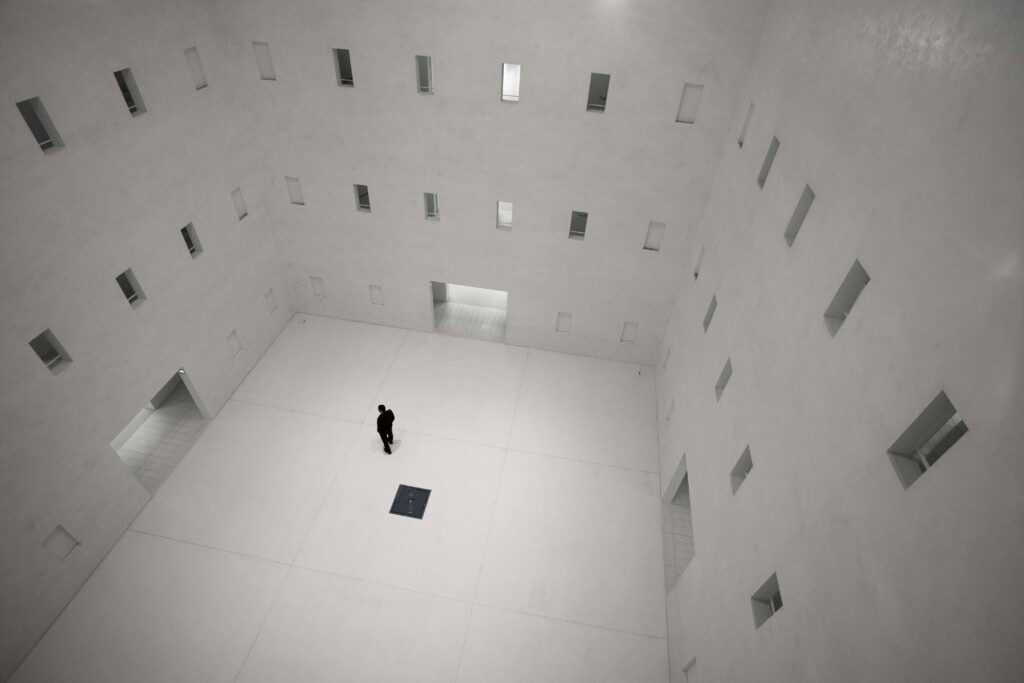
In 1840, the composer Robert Schumann wrote a lieder (art song) for his soon-to-be wife, Clara (herself an accomplished musician). He took his lyrics from the poet and linguist Friedrich Rückert. The result was a piece called Widmung (“Dedication”), considered to be one of the most lush and profound love songs ever written. It went…
Katie KresserFebruary 13, 2026



























